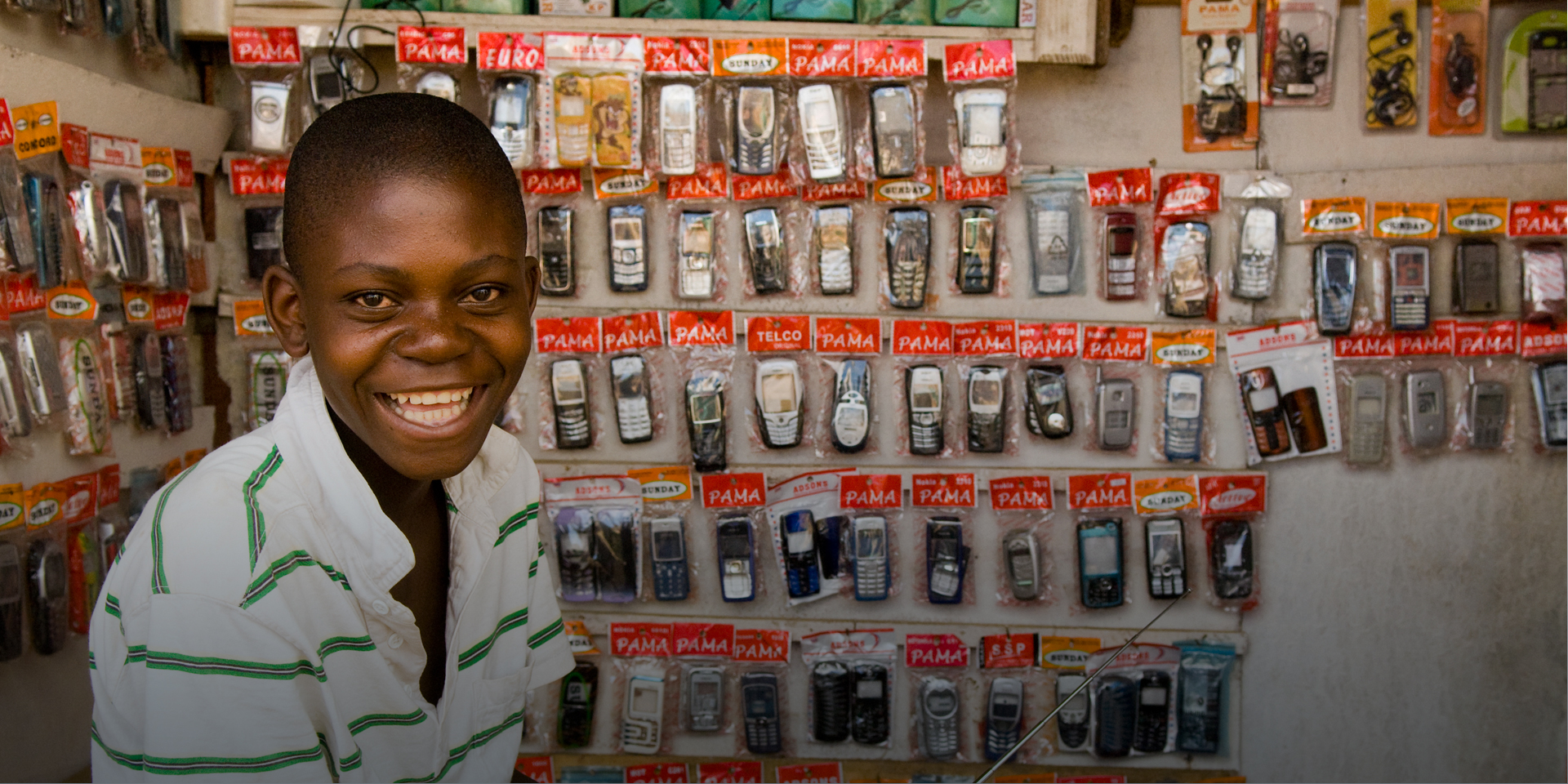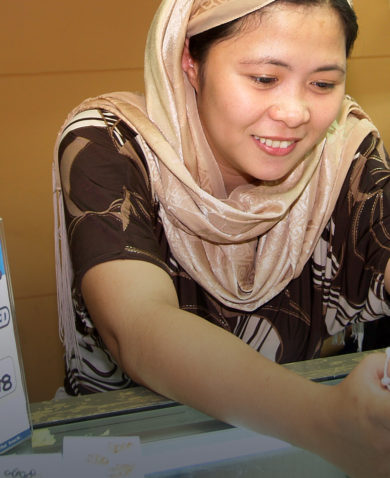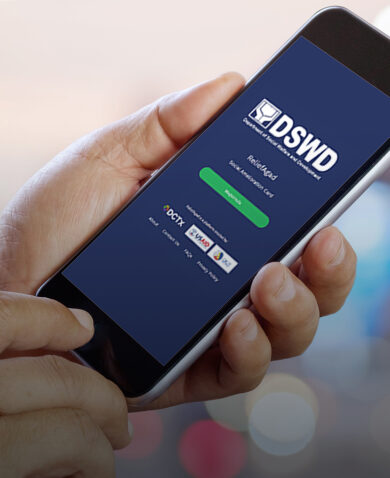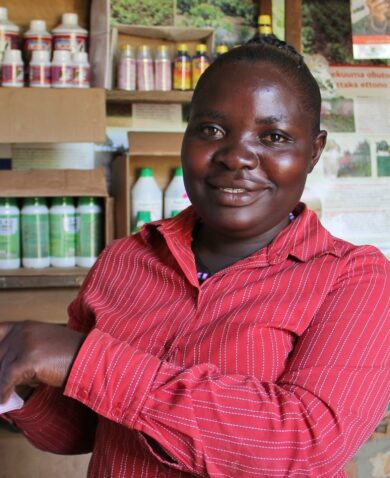
Launching Mobile Money Solutions in Africa and the Emerging Markets
May 11, 2016 | 3 Minute ReadIn this guest blog, Barclays' Helene Rosenberg discusses best practices for launching mobile money solutions in Africa and beyond.
With the unprecedented rise of new payment technologies comes a growing appreciation of new methods to create, store, and transfer value through alternative forms of financing that take advantage of a hyper-connected world of mobile and social platforms.
This is particularly true in Africa, where mobile money is at the heart of enabling a cashless economy for inclusive growth and sustainable development. Unlocking the value involves an active learning curve since the markets are moving quickly and are nuanced, country-by-country. Changes in regulation, digital infrastructure and local merchant acceptance are just a few of many fluid topics.
For corporate treasurers and NGO project managers sitting thousands of miles away, developing a strategy to launch mobile payments in Africa and the emerging markets – from another part of the world – is often tricky. Understanding local payment market practice, as well as managing cultural, language and time zone differences, adds to the complexity of remote project management.
Innovation in cashless payments is thriving from FinTech start-ups as well as coalitions including the Better Than Cash Alliance, the Bill & Melinda Gates Foundation, and USAID, who are advocating with the public and private sectors, as well as development organizations, to accelerate the shift to digital payments in support of financial inclusion. Financial inclusion is also a pillar of the UN Sustainable Development Goals, which aim to end poverty in all its forms, everywhere.
Calculating the true cost of cash
There are three primary cost categories for cash, as defined as paper currency and coins. Many are hidden costs but need to be taken into consideration given the inherent risks.
- Costs to supply cash
- Logistics and handling – storage, security, guards, alarms, vault fees, armored cars, delivery
- Insurance
- Shrinkage (e.g., theft, loss, or soiled notes)
- Fraud losses (e.g., counterfeit)
- Device costs (e.g., safes or note counters)
- FX fees
- Costs to access cash
- Bank fees (e.g., cash deposit, ordering, check processing in select geographies)
- Exchange fees
- Opportunity costs from wasted time it takes to travel to get the cash
- Health care costs (e.g., risk to personal safety and infection from bacteria on soiled notes)
- Costs for greater society and governments
- Under-reported taxes and tax evasion
- Budget spent on recovering lost cash
The greatest cost of cash is the personal risk it places on human resources and their families, particularly for staff and beneficiaries who many need to travel long distances holding currency.
Mobile money implementation checklist
The following are suggested rules of the road for long-distance drivers who are setting policy and implementing mobile money solutions abroad while sitting many miles away:
- Organize a cross-functional project team led by treasury, assign a project manager, and identify internal champion(s) to institutionalize mobile banking across the company.
- Articulate a strategic vision and policy framework for mobile money in Africa based on a thorough needs assessment at both the field offices and central treasury.
- Perform a market analysis — including the availability of service providers (banks, mobile network operators (MNOs) and payment aggregators) — and then select a country to pilot the mobile money flows and operational framework, taking into consideration local regulations and payment market practice.
- Identify the cashless payment construct for the target country and collaborate with your banking partner and mobile network operators to resolve any potential barriers to entry.
- Partner with your bank on primary and contingency payment options, which are ideally interoperable, based on a thorough KYC of the beneficiary. IT colleagues should be included in the evaluation of channels for back-up purposes.
- Define metrics and success factors for a pilot, or proof of concept, such as the number of transactions processed (debits and credits), types of transactions processed (e.g., payroll, T&E, and utility bills), and number of users trained.
- Provide training and tool kits for local users at field offices to ensure comfort on the new payment workflow — extensive training and a hand-held approach to the mobile payment on-boarding process are key success factors to driving behavioral change, adoption rates, and staff endorsement. Assign a “mobile buddy” from headquarters to oversee local training and measure the ramp-up of mobile payment volume. If targets are not being met then a root cause analysis and additional training may be needed.
- Test, test, test — validate treasury policy and mobile money operating procedures and refine for differences on a country-by-country basis.
- Measure actual versus expected results, including treasury management system and enterprise resource planning integration for reconciliation at central treasury.
- Take a go/no-go decision on launching the mobile money channel into a scalable solution and apply lessons learned when approaching “go-to market strategy” in future countries.
Call to action
Current talk on the future of money includes wearables, cryptocurrency such as Bitcoin, and tokenized digital identity, with many defining questions still to be answered around KYC, central bank approval, local merchant acceptance, and the ability to integrate all of this big data into predictive analytics for cash managers. Time will tell what’s next on the mobile frontier and it is the role of today’s treasury professionals to embrace the change and fulfill the supply chain through cashless solutions that leave no one left behind. “Where’s there’s a will, there’s a way,” and through collaboration with peers and industry thought leaders, the time for digital financial inclusion is now.

































